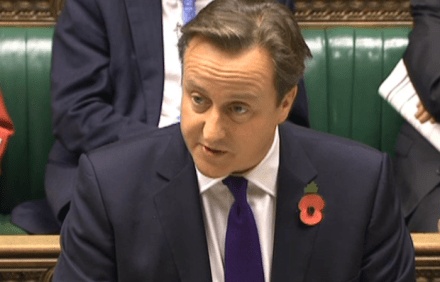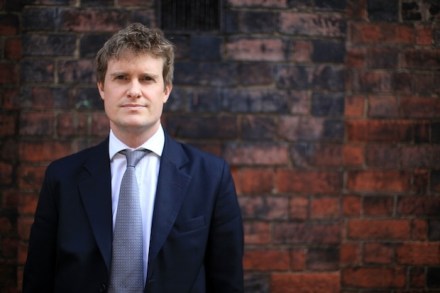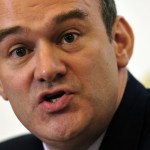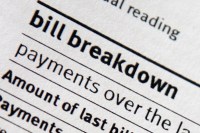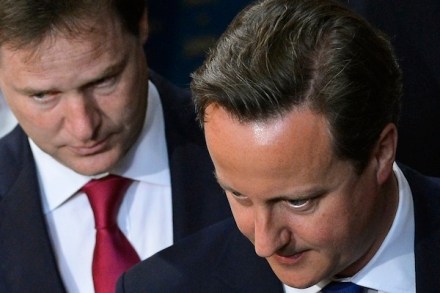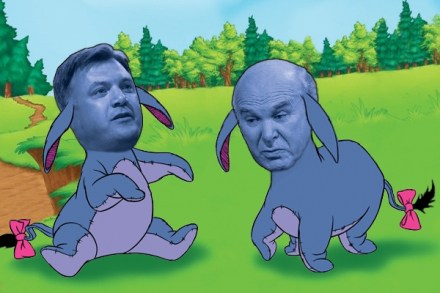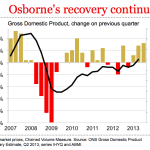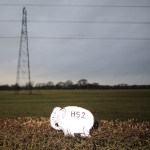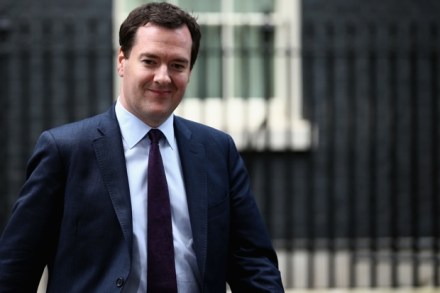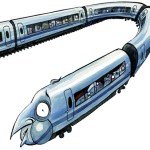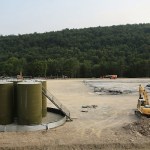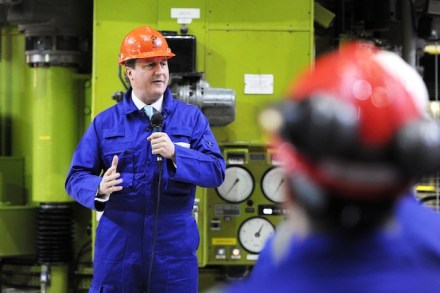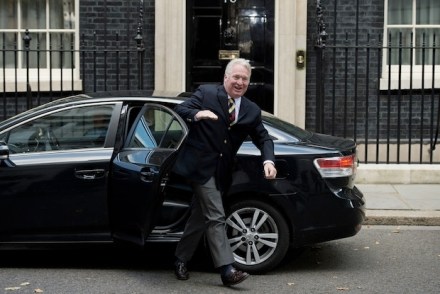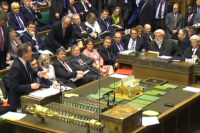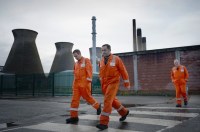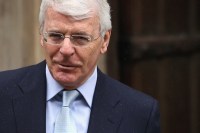European Council statement: Leaders seize opportunity for economic ding dong
Why did the Prime Minister give a statement in the Commons on the outcome of last week’s European Council summit? Though he is expected to report back to MPs each time one of these jamborees takes place, David Cameron didn’t really have a great deal to tell them other than the tantalising suggestion that the leaders had made progress on cutting red tape and the declaration that ‘the EU is changing’. It was hardly one of those statements where Cameron can wave a budget cut or some other great policy victory at MPs. listen to ‘David Cameron’s statement on the European Council summit’ on Audioboo
